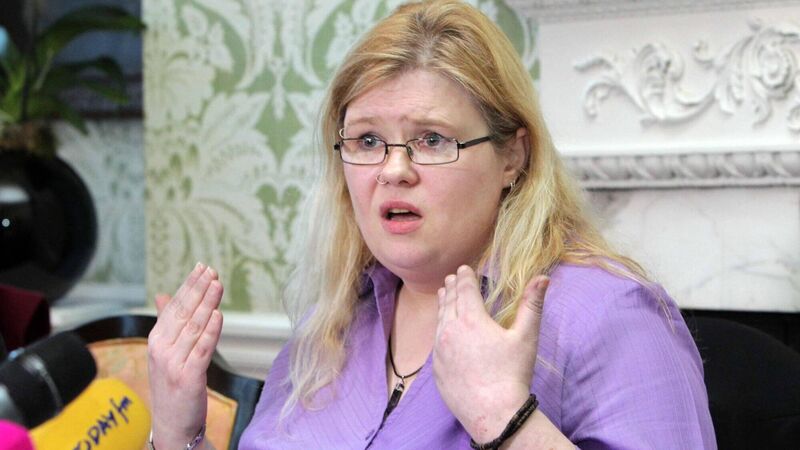Provision in proposed legislation ‘deeply insulting’ to adoptees

Claire McGettrick addressing the media at the Justice for Magdalene press conference in 2013. Picture: Mark Stedman/Photocall Ireland
The need for adoptees to attend an information session around privacy is “deeply insulting” and must be removed as a mandatory requirement from proposed legislation on the right to access birth information, an advocacy group has said.
The Clann Project, which involves the Adoption Rights Alliance and Justice for Magdalenes Research, has highlighted “major problems” with the Birth Information and Tracing Bill, which it said does not provide unconditional access to birth information.










